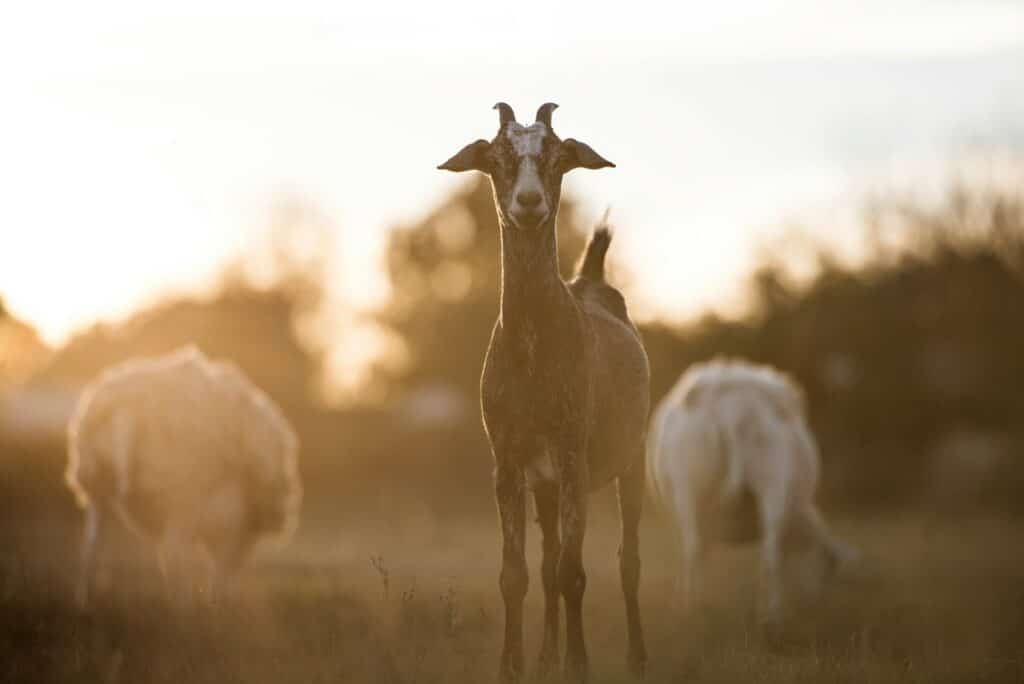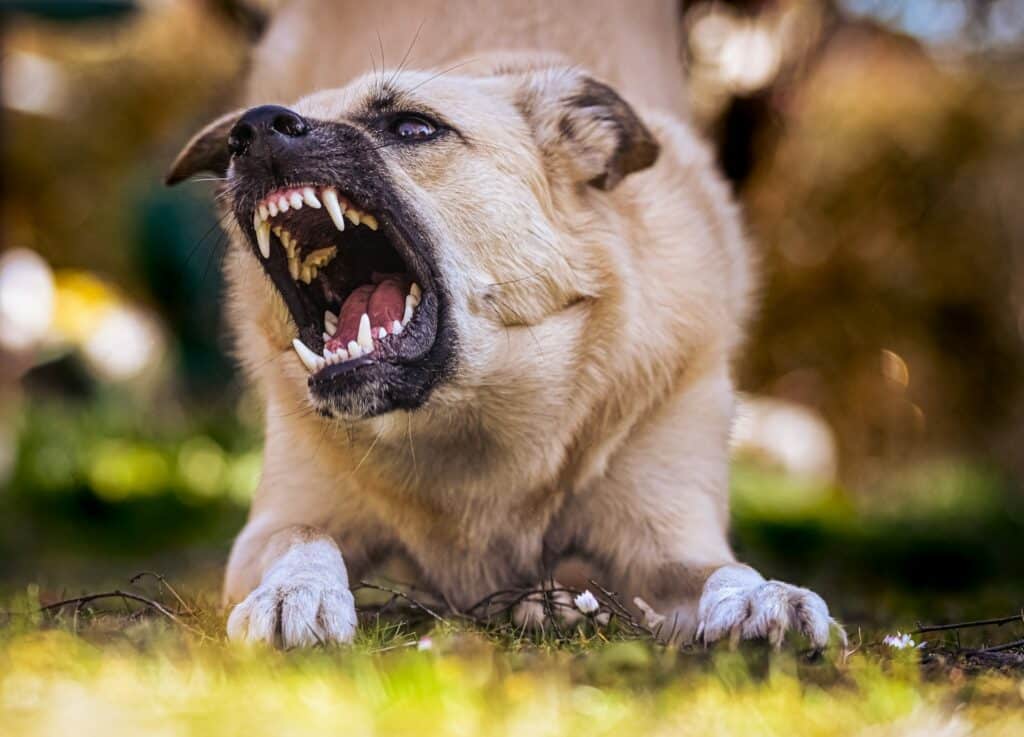Imitation is not necessarily a bad thing.
Like most of our choices, it all goes back to intention.
Our Anatolian Shepherd is a livestock guardian dog. His breeding compels him to bond with his flock and we’ve watched him quite literally become the goats that he protects. He often joins them to snack on pellets, grain, and hay. He’ll attempt to forage from trees the way that they do. He’ll stoop over to munch on fresh grass right along with them, behaviors not generally expected from dogs.
But this is the company he keeps. At the risk of anthropomorphizing, his imitation of the goats may incentivize their acceptance of him. Goats are hierarchical animals and he’ll need to find a way into their social structure before he can do his job without resistance.
The good news is that it seems to be working.

They tolerate his occasional belligerence, making room for him in their shelter on these cold, winter nights. He brings a lot of warm energy and everybody benefits. A lot of that started with his humility and willingness to imitate.
Although understood to be instinctual, our dog imitates with purpose.
Muslims are well aware of our tradition’s emphasis on good company. It’s understood that we cannot help but take on the characteristics of those with whom we are proximate. This happens even unconsciously, which further underscores the critical role that intention plays.
Aspiring entrepreneurs are often advised to keep the company of successful businesspeople. The whole concept of networking links to our imitative reflex: get to know people and do as they do so we have what they have. Bringing intention into it allows us to further ask ourselves if what they have is truly what we want.
Imitation is at play in our support groups, addiction recovery programs, and fitness clubs. Like our goats, we are social animals, watching how the herd behaves and following suit. Great caution must be exercised, therefore, in selected the crowd we want to be a part of.
Even with a good intention, there is some danger here.
We can become insular, subject to groupthink, quick to reject people and ideas at odds with those adopted by our favored peers. We clique off and lock the gates, stagnating in our utopian grandiosity. We forget that, while imitation is an important and foundational tool for early growth, further development is not possible without some healthy innovation.
Even our dog knows that.
While perfectly content to act a goat most of the time, threats to the flock will render him entirely dog. At these moments, he is ferocious and unflinching. He understands the need to assume his unique and intimidating self in the service of his community.

And when the threat has passed, he will disappear back into our piles of straw to bed down with the other goats, practically indistinguishable. His nomadic Turkish breeders selected the colors of his coat with this in mind. Nothing wrong with looking like those you love.
But we must also understand our unique opportunities to serve.
And we pray for the courage to pull away from the herd when necessary to do what must be done.
Leave a comment below for posterity or join us in the D&T Chautaqua Discord to discuss this post with other adventurous spirits from around the world.

Woah sA never realized that’s why AD’s coat looks so much like the goats!
Lately, I’ve been thinking a lot about dissatisfaction with one’s personal status quo. How to accomplish personal goals and become the kind of person one wants to be. There’s a lot of literature out there about things you can do to accomplish success, think 7 habits of highly effective people. More and more, I’m becoming convinced of mindset. Just as AD acts like the goats to fit in, so should we just act as we want to be. Simply put, fake it till you make it. We waste too much energy and effort on metacognition, overthinking, feeling out of place, and then shutting ourselves out of that place. Just do as and be the enlightened kind of person you want to be. The actions sometimes have to come first before your heart and mind will change.